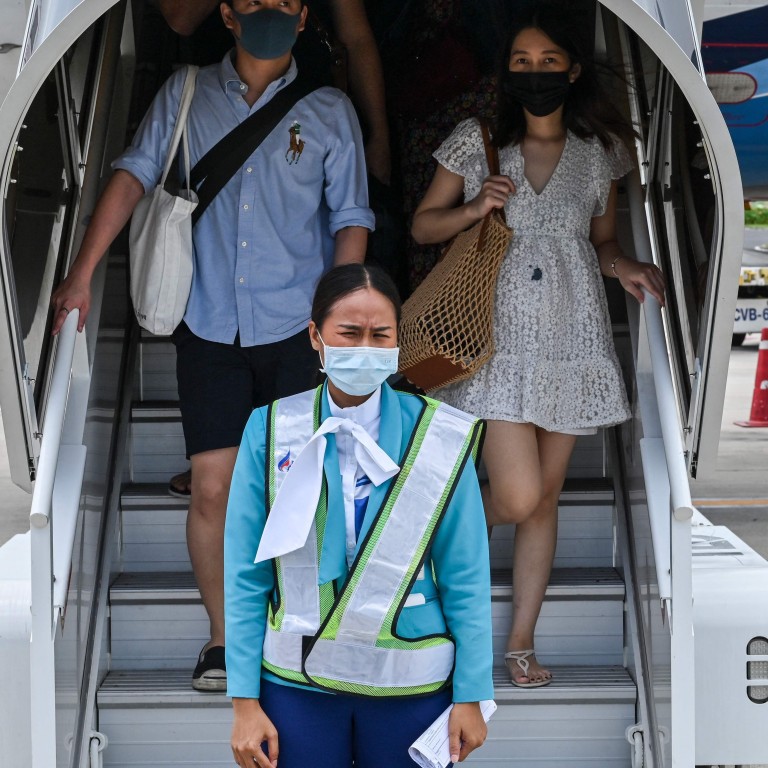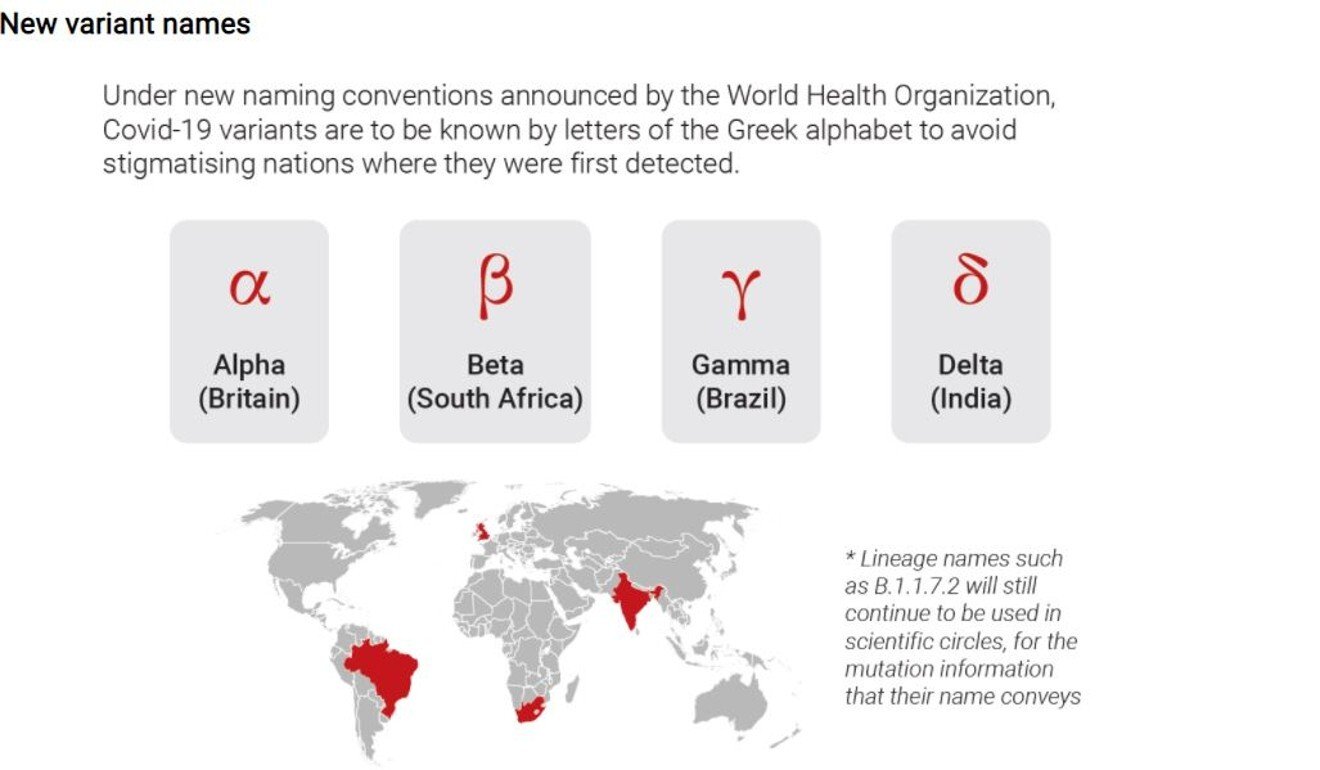
Asian air travel could take 3 years to recover from coronavirus pandemic, lagging behind rest of the world
- The drawn-out timeline, due in part to low rates of vaccination in some countries and the fast-spreading Delta variant, are unwelcome signs for fuel refiners
- Some countries such as Singapore are rethinking their Covid-zero stance to open up, but international travel will take longer than the rest of the world to restart
It will take until 2024 for international air travel across the region to reach pre-virus levels, a year after global traffic hits that milestone, according to the International Air Transport Association. Similarly, consultancy Energy Aspects says jet fuel consumption will reach pre-pandemic volumes only in 2023-2024.
Both North America and Europe have seen strong demand during the holidays, with the European Union relaxing quarantine and lockdown requirements, according to Mayur Patel, regional sales director for Japan and Asia Pacific at OAG, an aviation analytics firm.
“Sadly, the same cannot be said for Asia, where the low level of vaccination rates, sudden and sharp lockdowns, and inconsistent regulations frustrate any real attempt at a recovery,” he said.
South Korea starts to reopen as Asia’s ‘zero-Covid’ economies stay isolated
“We expect passenger traffic for international Asia-Pacific to restart in early 2022 at the earliest,” an IATA spokesperson said. “We don’t think that the variant situation will improve, so governments are unlikely to start lifting controls before vaccination becomes sufficiently widespread to limit community contagion.”
That means a longer struggle for Asian refiners. Given the differentiated recovery, some processors have been looking to Europe and the US as outlets for jet fuel, shipping more to both regions. With lacklustre demand, the margin for making jet fuel in Asia has sunk to US$5.99 a barrel at Wednesday’s close compared with US$15.54 in December 2019.

Asia’s jet fuel usage accounted for a third of global consumption in 2019, according to Energy Aspects. Right now, the region’s overall flight numbers – domestic and international – are 70 per cent of pre-virus levels, but if China is excluded are only 40 per cent, according to George Dix, an analyst.
“We currently expect Asian jet demand will not reach pre-pandemic levels until 2023-24, although domestic travel will have largely recovered by the end of 2022,” Dix said.
Thailand’s Alpha and Delta surges cloud reopening in Phuket, Koh Samui
Given the challenges, regional refiners will continue to redirect kerosene, which includes jet fuel, into the gas oil pool this quarter, aiming to tap into winter fuel heating demand the following quarter, according to Sri Paravaikkarasu at energy consultancy FGE.
“The full recovery of international air travel has a long way to go,” she said.

